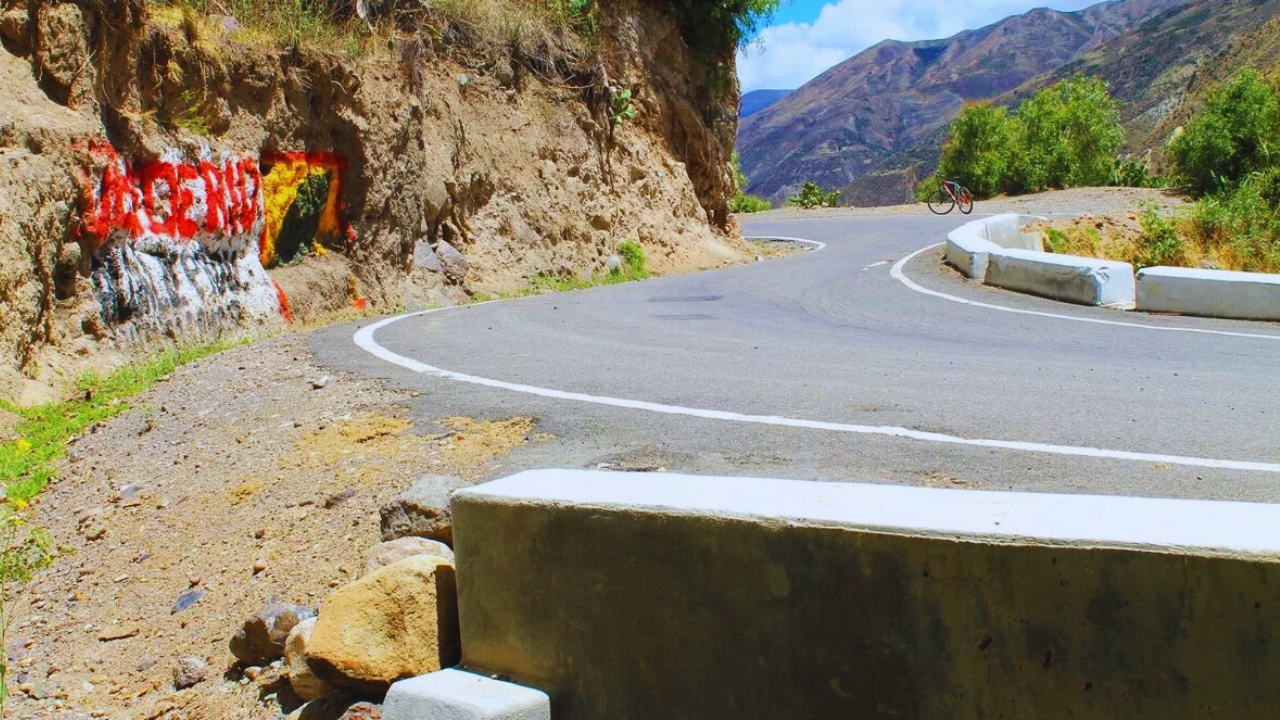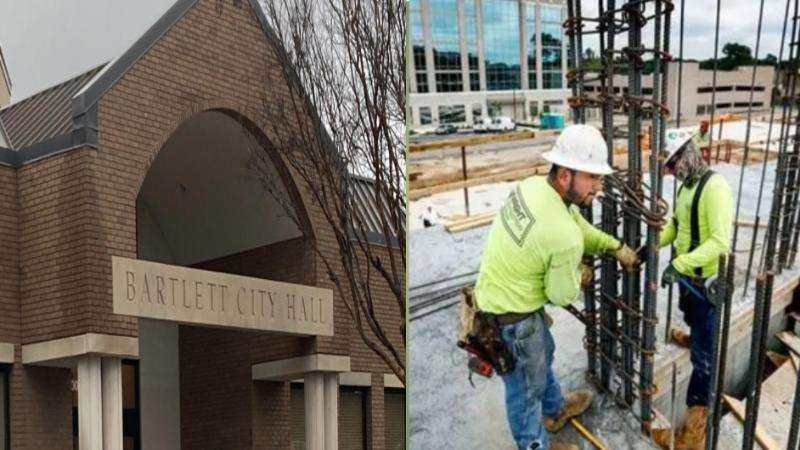Sir Keir Starmer has indicated that the UK could soon join efforts to airdrop humanitarian aid into Gaza, following Israel’s decision to permit foreign nations to deliver supplies by air amid growing global alarm over the worsening humanitarian crisis.
Writing in The Mirror, the prime minister said the news from Israel “has come far too late,” but affirmed that the UK would do everything possible to send aid through this method. He also confirmed that Britain is “urgently accelerating efforts” to bring critically ill children from Gaza to the UK for medical treatment.
The developments come amid mounting domestic and international pressure for the UK to officially recognise a Palestinian state. On Friday, France announced its intent to do so within months, and a cross-party coalition of 220 MPs – over half of them from Labour – signed a letter calling on the UK government to follow suit. They argued that recognition would send a powerful signal and be a crucial step toward a two-state solution.
However, Starmer has maintained that such recognition should be part of a broader, strategic plan that ensures progress toward a lasting two-state resolution. He reiterated this position after a recent emergency call with French President Emmanuel Macron and German Chancellor Friedrich Merz.
Later on Friday, Starmer pledged that the government would “pull every lever” to deliver food and critical support to Palestinians, calling the situation a “humanitarian catastrophe” that must be brought to an end.
Although the UK has participated in previous airdrop missions, humanitarian organisations have repeatedly warned that airdrops are an inefficient method of aid delivery. In 2024, under the previous Conservative government, the UK partnered with Jordan to airdrop tonnes of supplies into northern Gaza. That same year, the Royal Air Force began conducting its own missions, dropping over 100 tonnes of food in 11 separate flights between March and May.
According to Israeli media, the United Arab Emirates and Jordan are expected to conduct the upcoming aid drops. However, a senior Jordanian official told the BBC that their military has not yet received the necessary clearance from Israel.
The United Nations has criticised the move, calling it a distraction from the Israeli government’s failure to allow consistent aid access. The World Food Programme warned that nearly one in three people in Gaza are going multiple days without food, with 90,000 women and children in urgent need of malnutrition treatment.
Israel, which controls all access points into Gaza, continues to deny imposing a siege and attributes the humanitarian crisis to Hamas.
Since the war began, only two Palestinian children requiring urgent medical care have been transported to the UK. They arrived from Egypt in May on temporary visas with the help of Project Pure Hope, a humanitarian group facilitating access to private medical treatment.
_4.jpg)






.svg)


_6.jpg)